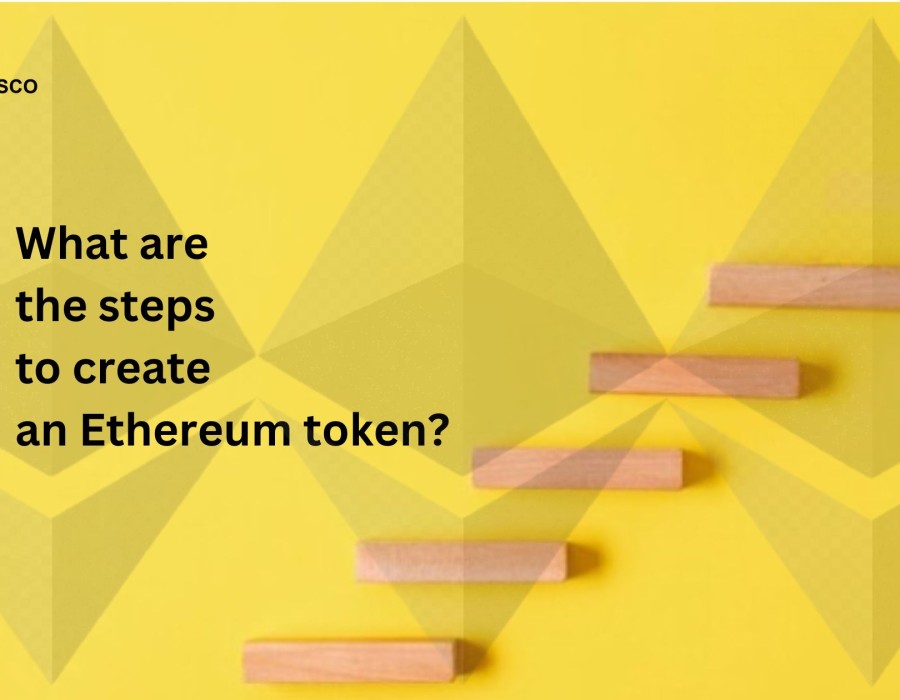Introduction:
Creating an Ethereum token might seem complicated, but with the right help and tools, it's doable. You will be guided step-by-step through the process by this guide. This post will benefit developers who are interested in blockchain technology as well as entrepreneurs who wish to launch a new venture. If you need additional assistance, you might consider reaching out to a cryptocurrency token development company.
What are Ethereum tokens?
Ethereum tokens are digital assets made on the Ethereum blockchain. They can represent various things like currencies, stocks, votes, or in-game items. Unlike Bitcoin, which is only a currency, Ethereum tokens can do many different things because of the flexibility of smart contracts.
Steps to create an Ethereum token:
Creating an Ethereum token involves several steps, from setting up your development environment to deploying your smart contract on the Ethereum blockchain
Setting Up the Development Environment
Step 1:
Installing Node.js and npm
First, you need to install Node.js and npm. These are crucial for managing dependencies and running scripts.
Setting up a code editor
A good code editor like Visual Studio Code will make your life easier with syntax highlighting and other helpful features.
Step 2: Installing Ethereum Tools
Installing Truffle
Truffle is a development environment, testing framework, and asset pipeline for Ethereum. It makes the process of writing and testing smart contracts much simpler.
Installing Ganache
Ganache is a personal blockchain for Ethereum development. It allows you to deploy contracts, develop applications, and run tests in a controlled environment.
Writing the Smart Contract
Basics of Solidity programming language
Solidity is the language used to write smart contracts on Ethereum. It's similar to JavaScript but tailored for blockchain development.
Deploying the Smart Contract Locally
Setting up a local blockchain with Ganache
Run Ganache to start a local Ethereum blockchain. This will provide you with a few test accounts and ETH for deploying contracts.
Testing the Smart Contract
Writing test scripts in JavaScript
Create test scripts using Mocha and Chai for Truffle to verify your contract’s functionality.
Verifying and Publishing the Contract
Verifying the contract on Etherscan
Once the deployment is done, Etherscan allows you to verify your contract so others can interact with it. Use their verification tool to submit your source code and metadata.
Publishing the contract for public use
Once verified, your contract will be publicly accessible, allowing users to view and interact with it directly on Etherscan.
Conclusion:
Creating an Ethereum token involves several steps, from setting up your development environment to deploying and securing your contract. Partnering with an Ethereum token development company can streamline this process and ensure professional, secure, and efficient token creation. With the right tools and expertise, these companies can help you create a token tailored to your specific needs, whether it’s for a new cryptocurrency, a digital asset, or a decentralized application.





Comments